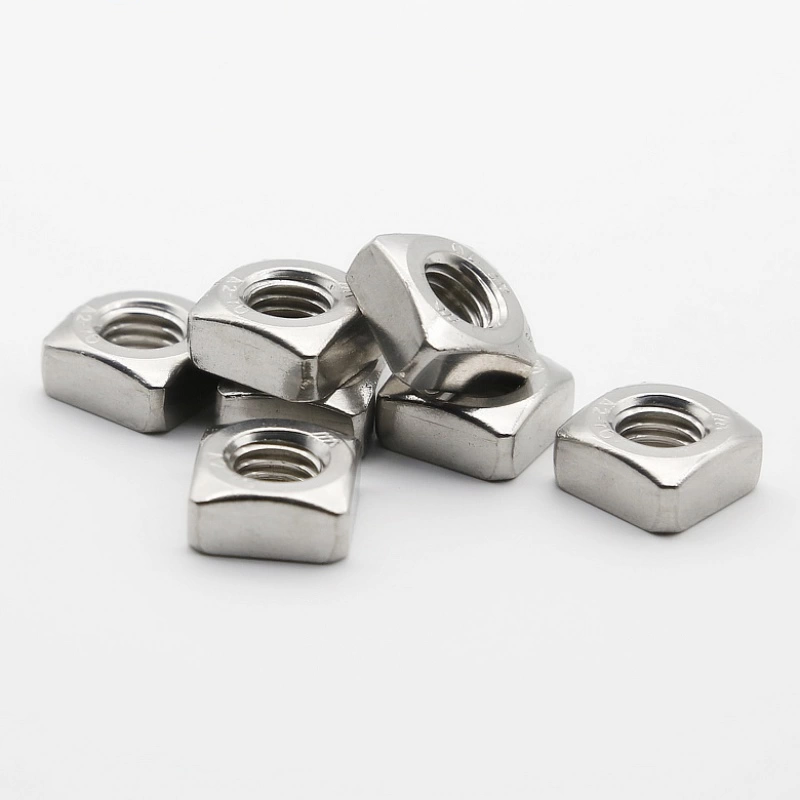

Understanding the Importance of Flat Washers in Bolt Assemblies for Improved Fastening Solutions
Nov . 10, 2024 02:55 Back to list
Understanding the Importance of Flat Washers in Bolt Assemblies for Improved Fastening Solutions
Understanding Flat Washer Bolts Essential Components for Fastening
In the realm of mechanical engineering and construction, small components often play a significant role in the overall integrity and functionality of structures and machines. One such component that deserves attention is the flat washer bolt. Though seemingly simple, this combination of fastener and washer serves crucial functions that ensure the reliability of various applications. This article explores the characteristics, applications, and advantages of flat washer bolts.
What Are Flat Washer Bolts?
Flat washer bolts consist of three main parts the bolt itself, a flat washer, and a nut. The bolt, typically with a cylindrical shaft and a head at one end, serves as the primary fastening element. The flat washer, a thin, disc-shaped piece of metal, is used to spread the load of the nut or bolt head over a larger surface area. This distribution of pressure helps to prevent damage to the surfaces being joined and improves the overall stability of the connection. A nut, which is threaded and used to secure the bolt in place, completes the assembly.
Functions and Benefits of Flat Washers
The main function of a flat washer is to create a smooth surface between the bolt head (or nut) and the material being fastened
. This has several benefits1. Load Distribution Flat washers help distribute the load over a larger area, reducing the risk of damage to softer materials. This is particularly useful in applications involving wood, plastic, or other materials that may deform under concentrated pressure.
2. Prevention of Damage They can prevent the bolt head or nut from pulling through or damaging the surface material, which can be especially important in applications where structural integrity is paramount.
3. Corrosion Resistance Flat washers also serve to prevent corrosion between dissimilar metals by acting as a barrier. This is crucial in outdoor applications where moisture exposure can lead to rust and deterioration over time.
4. Vibration Resistance In situations where machinery is subject to vibrations, flat washers can help provide a more secure fastening. They can assist in preventing loosening, which is essential for maintaining safety and function in many mechanical assemblies.
flat washer bolt

Applications of Flat Washer Bolts
Flat washer bolts are used in a wide range of applications across various industries. Some common uses include
- Construction In building frameworks and securing structural elements like beams and columns. - Automotive In engines and chassis to fasten components together securely. - Aerospace In aircraft assembly, where lightweight materials and secure fastenings are critical. - Manufacturing In machinery and equipment assembly, ensuring robust connections that can withstand operational stresses.
Choosing the Right Flat Washer Bolt
When selecting a flat washer bolt for a specific application, several factors should be considered
- Material The choice of material for the bolt, washer, and nut is critical. Steel is commonly used for its strength, while stainless steel offers enhanced corrosion resistance. Plastic or nylon washers may be used in applications needing insulation or where metal contact is undesirable.
- Size and Thickness The diameter and thickness of the washer should match the specific requirements of the application to ensure proper load distribution.
- Thread Type The bolt's thread type (e.g., coarse or fine) needs to be compatible with the nut and the material being fastened.
In conclusion, flat washer bolts are essential components in achieving secure and reliable fastening solutions in various industries. Their ability to distribute load, prevent damage, and resist corrosion makes them invaluable in modern engineering applications. Understanding their functionalities and choosing the right components can significantly impact the performance and longevity of assembled products. Whether in construction, automotive, or manufacturing, flat washer bolts continue to play a vital role in ensuring safety and technological advancement.
Latest news
-
Hot Dip Galvanized Bolts-About LongZe|High Strength, Corrosion Resistance
NewsJul.30,2025
-
High-Strength Hot Dip Galvanized Bolts - Hebei Longze | Corrosion Resistance, Customization
NewsJul.30,2025
-
Hot Dip Galvanized Bolts-Hebei Longze|Corrosion Resistance&High Strength
NewsJul.30,2025
-
High-Strength Hot-Dip Galvanized Bolts-Hebei Longze|Corrosion Resistance&High Strength
NewsJul.30,2025
-
Hot Dip Galvanized Bolts-Hebei Longze|Corrosion Resistance&High Strength
NewsJul.30,2025
-
Hot Dip Galvanized Bolts - Hebei Longze | Corrosion Resistance, High Strength
NewsJul.30,2025

